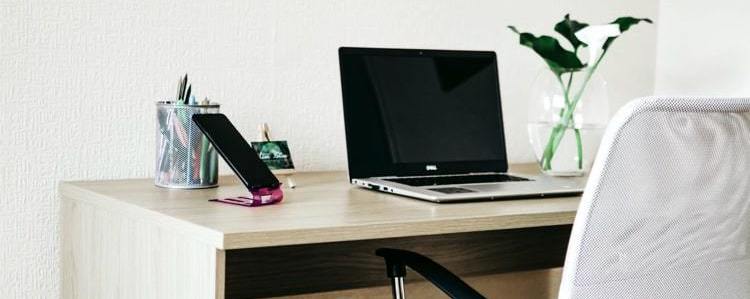Electrical safety for employees working from home
Posted on 15th September 2022
Flexible working is now much more common and the British Construction Industry Association (BCIA) says your employees will expect employers to make sure where they work – even at home – is a comfortable and safe place.
This is especially important when we have extreme conditions such as the recent heatwave

The Association also says that there are benefits for organisations that use smart technology to meet their environmental, social, and governance (ESG) requirements. How your business meets ESG standards is often one of the criteria potential investors will use.
On the environmental side this could include how you minimise your impact and your climate change policies, for example. Social requirements could include how you manage your relationships with employees, suppliers, customers, and your local communities. Transparent accounting methods and how you create and manage a diverse leadership team and shareholder relations would be included in governance.
Keeping a cool head
With temperatures reaching 40°C in some parts this summer people were advised to minimise travel and some employees were encouraged to work from home while employers tried to keep workspaces cool.
The BCIA says that there are long-term benefits when you invest in smart buildings to help improve working conditions as the impact of climate change continues. It can help reduce energy consumption and costs and reduce carbon emissions. Measurement and reporting are also important to keep shareholders informed.
But what about those who work from home?
Looking after home workers
As an employer you are responsible for your employees' health, safety and wellbeing in the workplace and when they work remotely, including working from home. That includes a risk assessment of the working environment.
If you can’t carry out a full risk assessment, you should give your employees information about working safely at home and you could ask them to carry out a self-assessment of their home workspace and equipment. You should review your risk assessments regularly to make sure working environments remain safe and healthy. If changes are needed you are responsible for making sure they are made.
Your working from home electrical safety checklist
Your working from home electrical safety checklist could include:
▢ is there a designated work area?
▢ are there trip hazards from cables and extensions?
▢ is lighting suitable?
▢ is glare controlled?
▢ is the workspace ventilated and/or air conditioned?
▢ are power sockets overloaded?
▢ are connectors, plugs and sockets in a safe condition?
▢ is electrical equipment suitable?
▢ is electrical equipment regularly checked for safety and damage?
▢ is a smoke detector installed?
Share this post:





